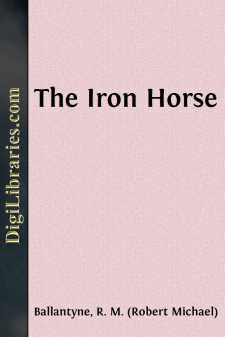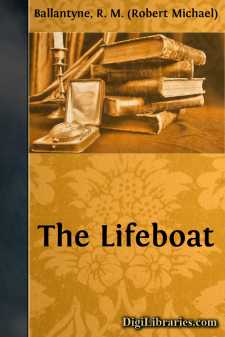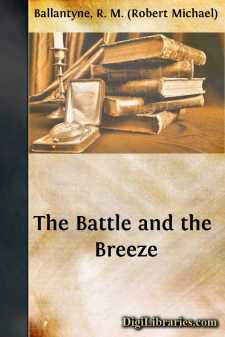Categories
- Antiques & Collectibles 13
- Architecture 36
- Art 48
- Bibles 22
- Biography & Autobiography 813
- Body, Mind & Spirit 141
- Business & Economics 28
- Children's Books 12
- Children's Fiction 9
- Computers 4
- Cooking 94
- Crafts & Hobbies 4
- Drama 346
- Education 46
- Family & Relationships 57
- Fiction 11826
- Games 19
- Gardening 17
- Health & Fitness 34
- History 1377
- House & Home 1
- Humor 147
- Juvenile Fiction 1873
- Juvenile Nonfiction 202
- Language Arts & Disciplines 88
- Law 16
- Literary Collections 686
- Literary Criticism 179
- Mathematics 13
- Medical 41
- Music 40
- Nature 179
- Non-Classifiable 1768
- Performing Arts 7
- Periodicals 1453
- Philosophy 64
- Photography 2
- Poetry 896
- Political Science 203
- Psychology 42
- Reference 154
- Religion 513
- Science 126
- Self-Help 83
- Social Science 81
- Sports & Recreation 34
- Study Aids 3
- Technology & Engineering 59
- Transportation 23
- Travel 463
- True Crime 29
The Wild Man of the West A Tale of the Rocky Mountains
Categories:
Description:
Excerpt
In which the Reader is introduced to a Mad Hero, a Reckless Lover, and a Runaway Husband—Backwoods Juvenile Training described—The Principles of Fighting fully discussed, and some valuable Hints thrown out.
March Marston was mad! The exact state of madness to which March had attained at the age when we take up his personal history—namely, sixteen—is uncertain, for the people of the backwoods settlement in which he dwelt differed in their opinions on that point.
The clergyman, who was a Wesleyan, said he was as wild as a young buffalo bull; but the manner in which he said so led his hearers to conclude that he did not think such a state of ungovernable madness to be a hopeless condition, by any means. The doctor said he was as mad as a hatter; but this was an indefinite remark, worthy of a doctor who had never obtained a diploma, and required explanation, inasmuch as it was impossible to know how mad he considered a hatter to be. Some of the trappers who came to the settlement for powder and lead, said he was as mad as a grisly bear with a whooping-cough—a remark which, if true, might tend to throw light on the diseases to which the grisly bear is liable, but which failed to indicate to any one, except perhaps trappers, the extent of young Marston’s madness. The carpenter and the blacksmith of the place—who were fast friends and had a pitched battle only once a month, or twice at most—agreed in saying that he was as mad as a wild-cat. In short, every one asserted stoutly that the boy was mad, with the exception of the women of the settlement, who thought him a fine, bold, handsome fellow; and his own mother, who thought him a paragon of perfection, and who held the opinion (privately) that, in the wide range of the habitable globe there was not another like him—and she was not far wrong!
Now, the whole and sole reason why March Marston was thus deemed a madman, was that he displayed an insane tendency, at all times and in all manners, to break his own neck, or to make away with himself in some similarly violent and uncomfortable manner.
There was not a fence in the whole countryside that March had not bolted over at full gallop, or ridden crash through if he could not go over it. There was not a tree within a circuit of four miles from the top of which he had not fallen. There was not a pond or pool in the neighbourhood into which he had not soused at some period of his stormy juvenile career, and there was not a big boy whom he had not fought and thrashed—or been thrashed by—scores of times.
But for all this March had not a single enemy. He did his companions many a kind turn; never an unkind one. He fought for love, not for hatred. He loved a dog—if any one kicked it, he fought him. He loved a little boy—if any one was cruel to that little boy, he fought him. He loved fair play—if any one was guilty of foul play, he fought him. When he was guilty of foul play himself (as was sometimes the case, for who is perfect?) he felt inclined to jump out of his own body and turn about and thrash himself! And he would have done so often, had it been practicable. Yes, there is no doubt whatever about it March Marston was mad—as mad, after a fashion, as any creature, human or otherwise, you choose to name....












